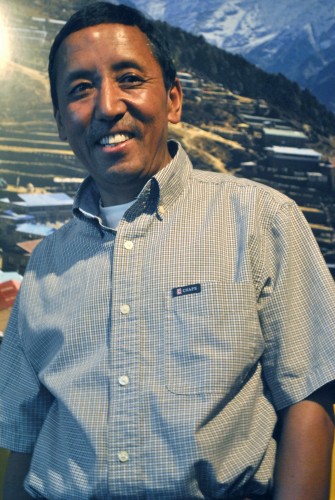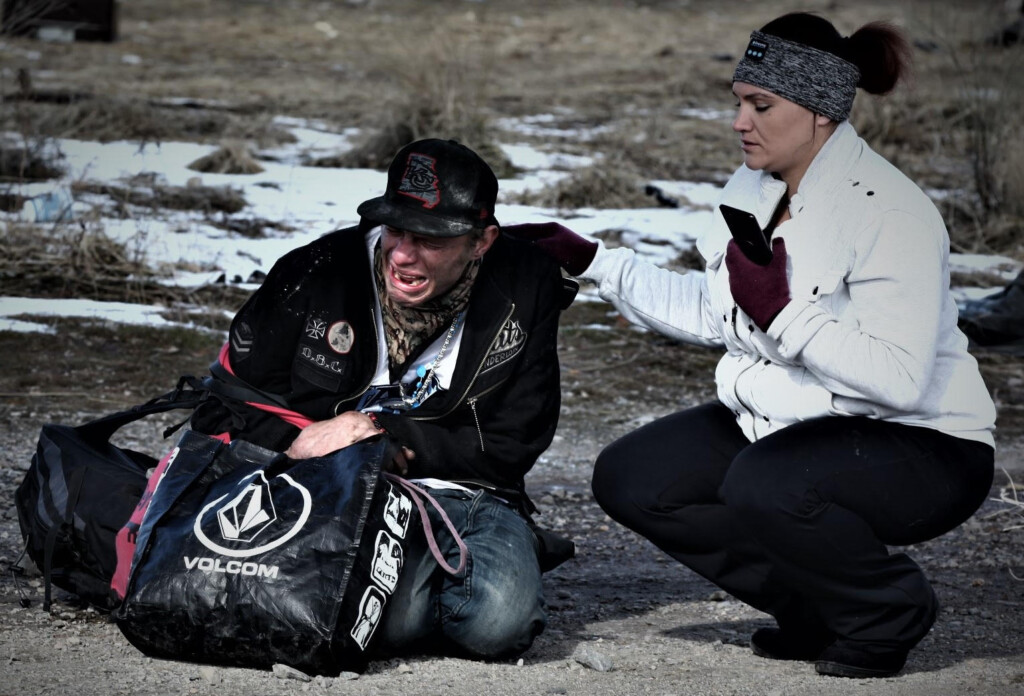Draper, Utah, resident Apa Sherpa made his first Mount Everest Summit when he was 25-years-old.
“The first time was the most difficult,” he says, but summiting Everest another 20 times in 25 years has earned Apa the nickname “Super Sherpa,”and recognition as one of the greatest mountaineers of all time In Nepal, Apa is a rock star. He can’t go down a street without fans swarming the country’s greatest living legend, and perhaps the country’s greatest philanthropist. Apa has raised money to build hospitals and schools in his native Nepal.
He has also helped spearhead the largest effort to clean up debris that has collected on Everest as a result of the increasing popularity of Western excursions.
He and fellow climbers have collected hundreds of used oxygen tanks, cans, and even dead bodies, that littered the main trail of the world’s highest peak. His last four climbs have been dedicated to the cause, Eco Everest. Apa doesn’t know his exact age but he believes his is about 51-years-old. He works for a manufacturing company in Draper and happily raises his family there.
The celebration for Apa’s final summit was held at the Himalayan Kitchen in downtown Salt Lake City at 360 South State Street. §


